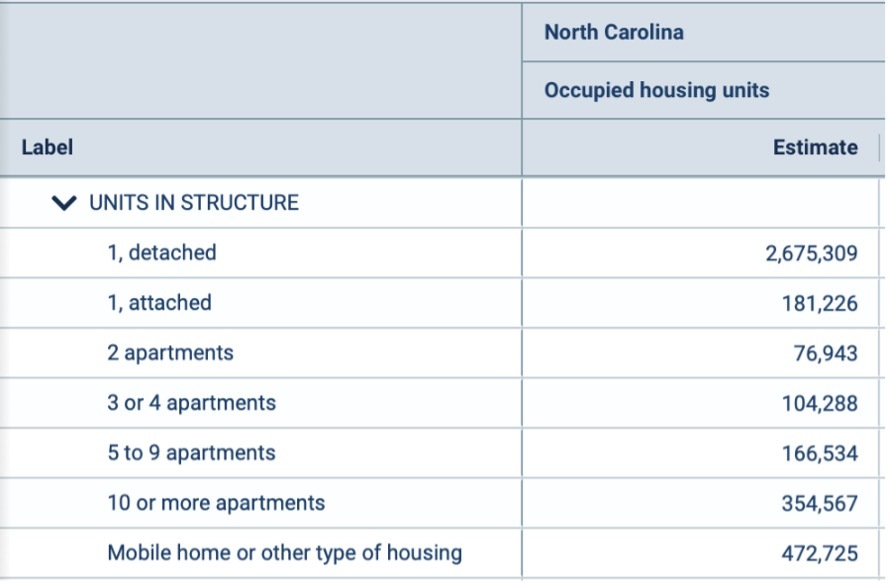Part 2: North Carolina’s Housing Opportunity | Eastern North Carolina Now
In North Carolina, cities are experiencing tremendous growth, driving up the demand for housing units.



|
Vice President Kamala Harris’ husband, Doug Emhoff, admitted that he cheated on his first wife with the couple’s babysitter after a report was published on Saturday that said the marriage ended after he got the babysitter pregnant.
Published: Wednesday, August 14th, 2024 @ 11:11 am
By: Daily Wire
|
|
A black Georgia activist became the center of attention at a rally for former president Donald Trump on Saturday when she riled the crowd in support of Trump and how his policies benefit black Americans.
Published: Wednesday, August 14th, 2024 @ 2:17 am
By: Daily Wire
|
|
Former President has been indicted by a federal judge in Pennsylvania for inciting an assassination attempt that nearly killed him.
Published: Wednesday, August 14th, 2024 @ 1:36 am
By: Babylon Bee
|
|
A federal judge ruled on Monday that Google has a monopoly over general search engine services, siding with the Justice Department and more than two dozen states that sued the tech company, alleging antitrust violations.
Published: Wednesday, August 14th, 2024 @ 1:28 am
By: Daily Wire
|
|
girl has now de-transitioned and back to living as a girl
Published: Tuesday, August 13th, 2024 @ 9:11 pm
By: John Steed
|
|
3 debates and Twitter interview
Published: Tuesday, August 13th, 2024 @ 7:13 pm
By: John Steed
|